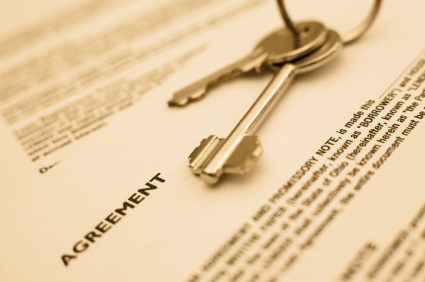Earnest Money Offer– is a tool that is used when a client is serious about a property. What is it, should I do it, how much, is it safe – these questions almost always require a lot of discussion and education.

What is earnest money and why do I need it? The “book definition” of earnest money is: “A monetary deposit paid by a buyer to a seller to demonstrate intention to complete the purchase.” In the Philippines, it is called Reservation Fee for purchase on pre-selling projects. Earnest Money is a term usually for the secondary or resale market.
In Philippine Real Estate, earnest money is some amount of money, which helps show the seller that a buyer is serious. Earnest money forms part of the payment to the seller.
I have encountered a lot of clients who do a verbal offer. A verbal offer is done to ‘test the water’. However, verbal offers are so without a foundation that it most likely than not, does not push through. An earnest money is needed to firm up a buyer’s offer. Without earnest money, there is nothing to stop a buyer from submitting offers on multiple properties. Without earnest money, there is nothing to stop a buyer from just walking away from a contract days or weeks after it’s been accepted and the seller has taken their property off the market. Sellers want and need to know that a buyer is serious about the offer on their property.
How much earnest money do I pay? The simple answer is – “the more the better”. The complicated answer (and one that’s virtually impossible to know in advance) is, ‘whatever it takes to make the seller know you are serious’. Generally speaking, 1% of the offer price is considered a reasonable amount. But like anything in Philippine Real Estate, there are no hard and fast rules. I’ve seen offers written with as little as P1,000 earnest money and as much as 100% of the sales price. That P1,000 was the money of the client on his wallet as he needed time to withdraw from his bank and there were two of them wanting the same property for the same price and terms.
An example may be helpful here. Let’s say a seller gets two offers. They are identical in price, down payment amount, balance payment, etc. But offer #1 has a higher earnest money deposit than offer #2. Regardless of the true motivation of the buyers, the seller will most likely accept the offer with the higher earnest money amount given the term of payment, and price are equal.
Can I lose my earnest money? The short answer is yes. The complete answer is maybe. Again, generally speaking, your earnest money is “safe” unless you default on the contract. Should the seller default, your earnest money will be returned. In the Philippines a normal ‘due diligence’ period is 10 days. If the property you make an offer on doesn’t “pass” inspection on the paperworks – title, tax declaration, CAR, and dues if applicable, the buyer can cancel the contract and get their earnest money back.
Most earnest money is lost when the buyer backs out after the inspection period. In this case, the seller will almost always retain the buyer’s earnest money.
There’s nothing to be afraid of with earnest money. If you are serious about purchasing a home, you need to indicate to the seller you are serious. If they accept your offer then it would be psychologically a new phase in their lives coming with the memories of that property. They need to know you are serious about completing the sale. That’s why a seller wants to see that you can get a loan, that you aren’t “fishing” with multiple offers, and that you aren’t going to back out at the last minute. A reasonable earnest money deposit helps reassure the seller you are serious about buying their home.


